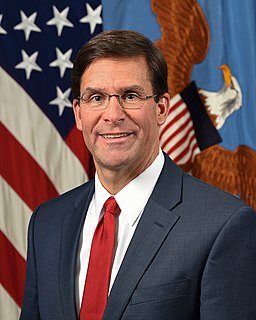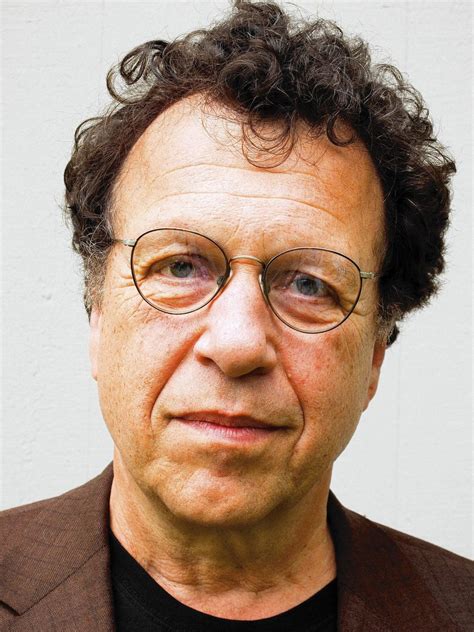A Quote by Tedros Adhanom
Like other conflict-affected regions, Africa continues to see religious, ethnic, and politically motivated conflicts. Extremist violence is now entrenched in several parts of the world. Armed conflicts are leading to protracted refugee crises to the scale that has not been seen since World War II.
Related Quotes
However, there is a fundamental difference between the issue related to Japan's history and our negotiations with China. What is it all about? The Japanese issue resulted from World War II and is stipulated in the international instruments on the outcomes of World War II, while our discussions on border issues with our Chinese counterparts have nothing to do with World War II or any other military conflicts. This is the first, or rather, I should say, the second point.
We have to recognize that the reason that the global order that we've enjoyed and almost take for granted over the last several years exists is that after World War II, the United States and its allies tried to build an antidote to what they had seen between World War I and World War II. There, they'd seen protectionism, beggar-thy-neighbor trading policies, so they said, we'll build an open international economy. And they did that.
The religious conflicts of the Reformation era were never simply and only about religion, because religion during this era as in the Middle Ages that preceded it, informed and was meant to inform every domain of life. Violence involving religion and touching other areas of life took many forms: from the Protestant destruction of Catholic religious art and objects in iconoclasm, to Catholic executions of Protestants who refused to renounce their views, to major destructive conflicts such as the French Wars of Religion and the Thirty Years' War.
We all know about the big world conflicts: Israel and Palestine, Zimbabwe, and so on. But there are smaller conflicts that aren't even on the world's radar screen; most of the world has no idea that Ethiopia invaded Somalia a year ago. It makes sense for the Elders to sit down with both sides and see whether leaders can come to an understanding.
World War II made war reputable because it was a just war. I wouldn't have missed it for anything. You know how many other just wars there have been? Not many. And the guys I served with became my brothers. If it weren't for World War II, I'd now be the garden editor of The Indianapolis Star. I wouldn't have moved away.
































